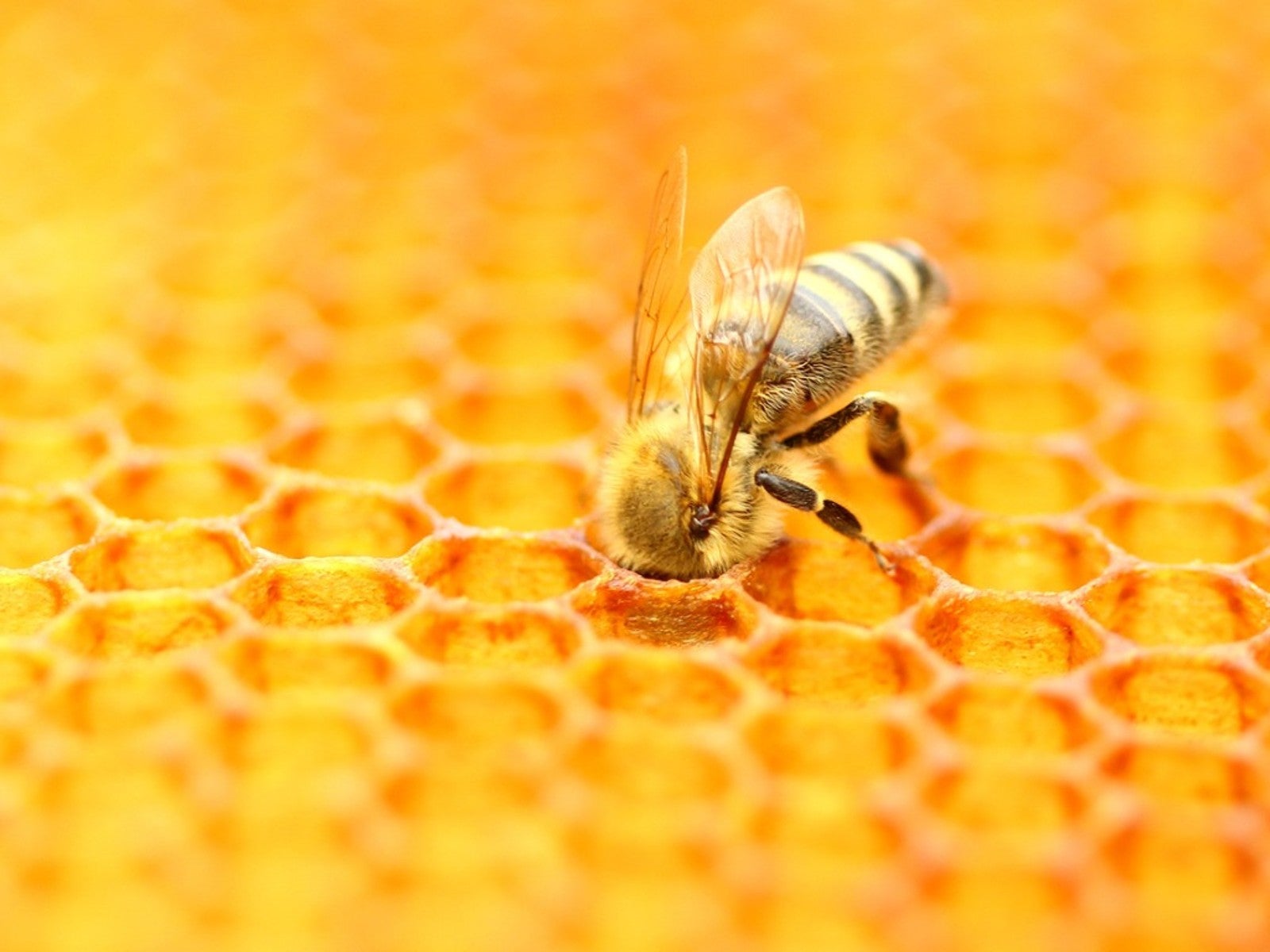Fun Facts About Honeybees


Sign up for the Gardening Know How newsletter today and receive a free copy of our e-book "How to Grow Delicious Tomatoes".
You are now subscribed
Your newsletter sign-up was successful
Mark your calendars! The third Saturday in August is National Honeybee Day, and it has been since 2009. This can truly be called a “grass-roots” holiday, since it was the initiative of beekeepers who wished to build community awareness of the bee industry.
Why have a national honeybee day, you might ask. The simple answer is that these bees play a large part in making our world the beautiful planet it is.
Honeybee Facts
If you take the time to learn about honeybees and the pollination they are responsible for, you will better understand why there should be a National Honeybee Day. Honeybees make honey, as their name indicates, but did you know that they are the sole insect to actually produce food that people eat?
While honeybees visit over 2 million blossoms to make a single pound of honey, they have to fly some 55,000 miles to get the nectar to do that. And every bee’s contribution, though important, is tiny. An average honeybee makes 1/12 teaspoon (0.42g) of honey over the entire course of its lifetime.
More About Bees
There are so many interesting facts about honeybees that it’s hard not to find them compelling. Most people know that they live in hives, and that bees fall into three categories: queen (there’s only one!), lots of female worker bees, and male drones.
These bees can fly up to 15 miles an hour and, despite all the effort they put in to keep the hive going, they never sleep. All those bees! Did you ever wonder how they communicate with each other? By dancing. And producing different odors understood by the other bees.
Bees with Benefits
The honeybee's benefits to humanity cannot be overstated. They have made a greater impact on our civilization than most other animals. In addition to producing honey, used for years as the primary sweetener in our country, they are responsible for shaping modern agriculture.
Sign up for the Gardening Know How newsletter today and receive a free copy of our e-book "How to Grow Delicious Tomatoes".
In fact, this bee is responsible for pollinating most of the cultivated crops in this country requiring insect pollination, adding some $20 billion in value to U.S. crop value every year. And they are capable of pollinating most crops around the world that require pollination.
How to Help Honeybees
Although the country relies on honeybees in many ways, we have not been very good guardians of this species. Honeybees are declining drastically, with the number of hives in the country at about half of the number of 30 years ago. There are many causes, including parasites, pesticides, habitat destruction, air pollution, and climate change.
If you are wondering how to help honeybees, there are steps that every gardener can take. Two of the most important are avoiding using chemical pesticides and fertilizers. It also helps to plant more trees and native plants in your backyard. Let's do what we can to keep these bees buzzing!

Teo Spengler is a master gardener and a docent at the San Francisco Botanical Garden, where she hosts public tours. She has studied horticulture and written about nature, trees, plants, and gardening for more than two decades, following a career as an attorney and legal writer. Her extended family includes some 30 houseplants and hundreds of outdoor plants, including 250 trees, which are her main passion. Spengler currently splits her life between San Francisco and the French Basque Country, though she was raised in Alaska, giving her experience of gardening in a range of climates.